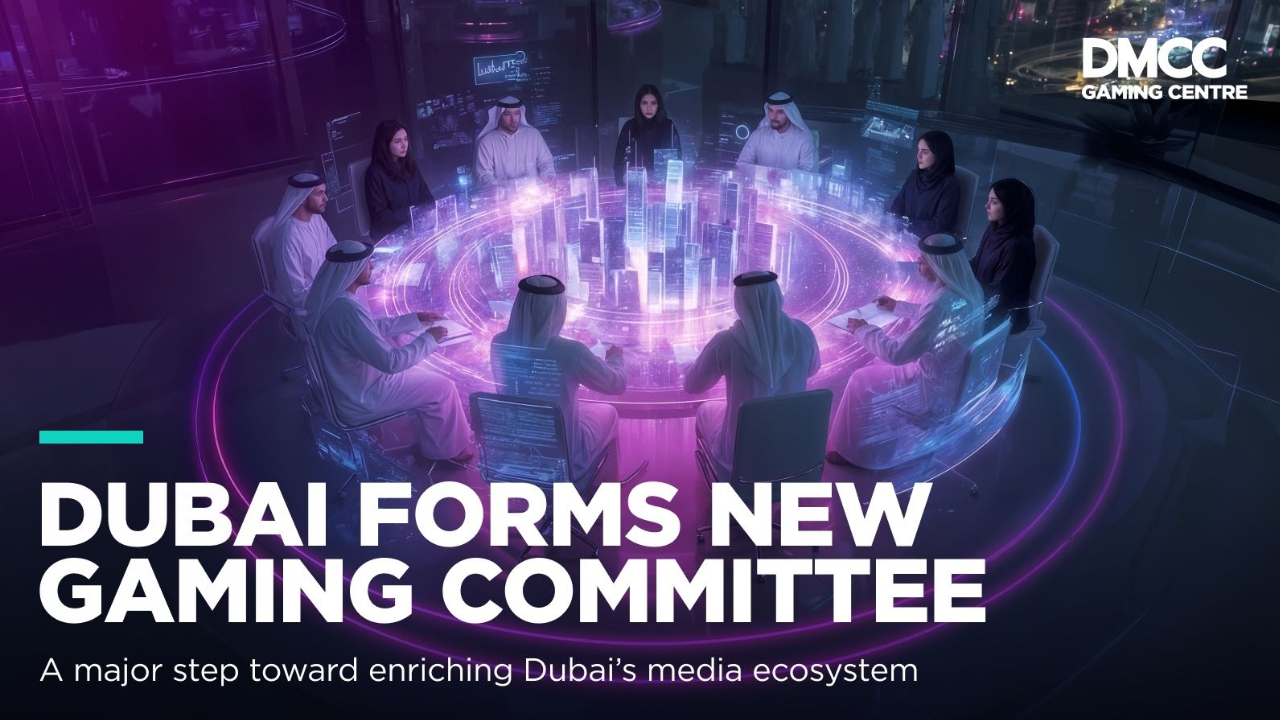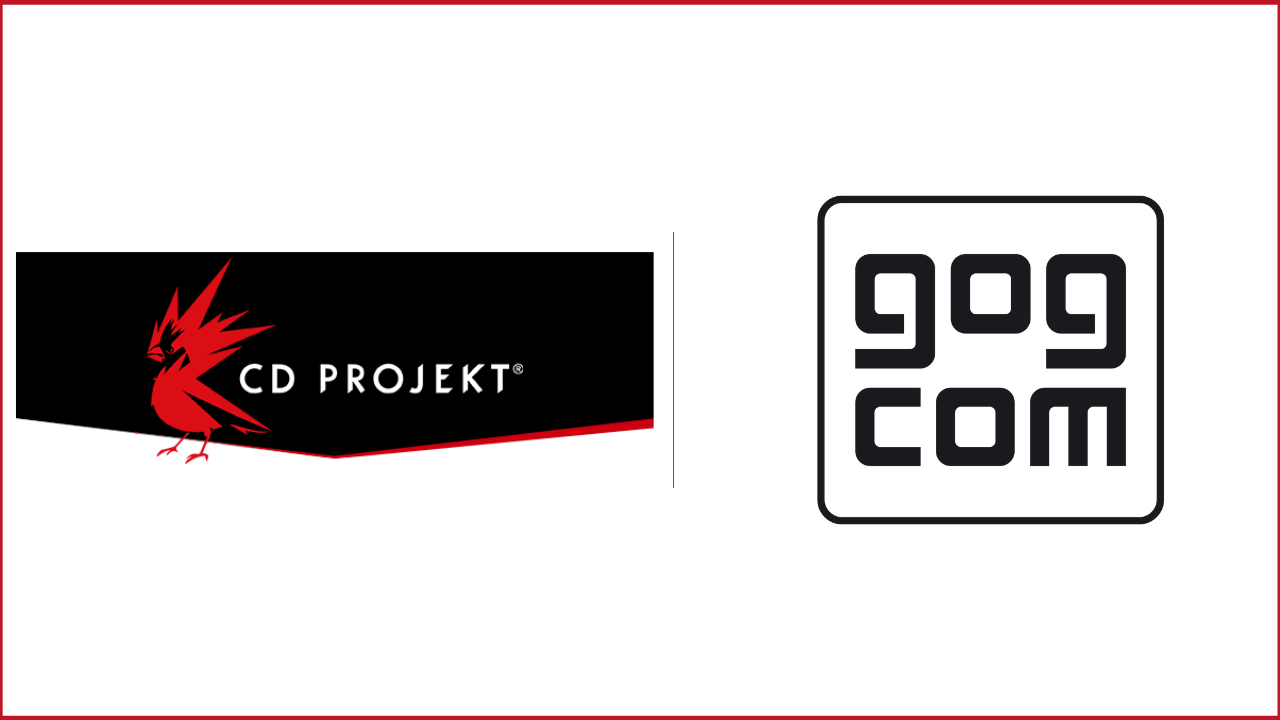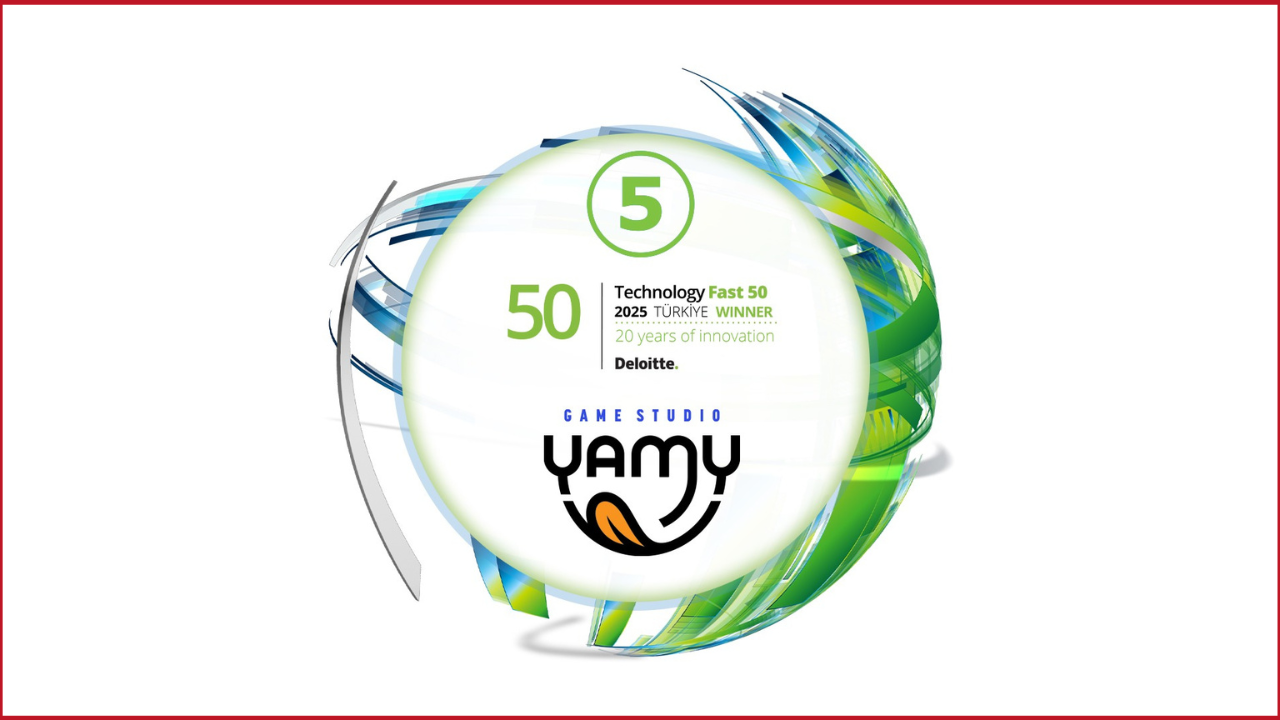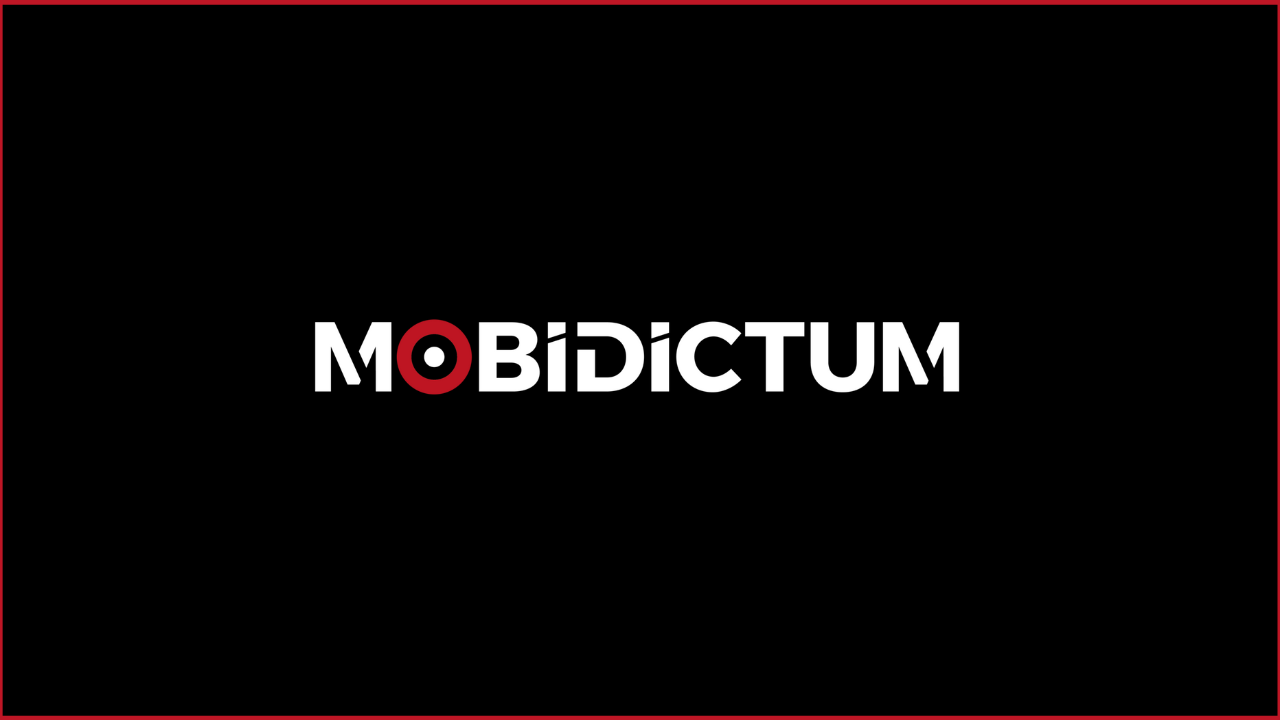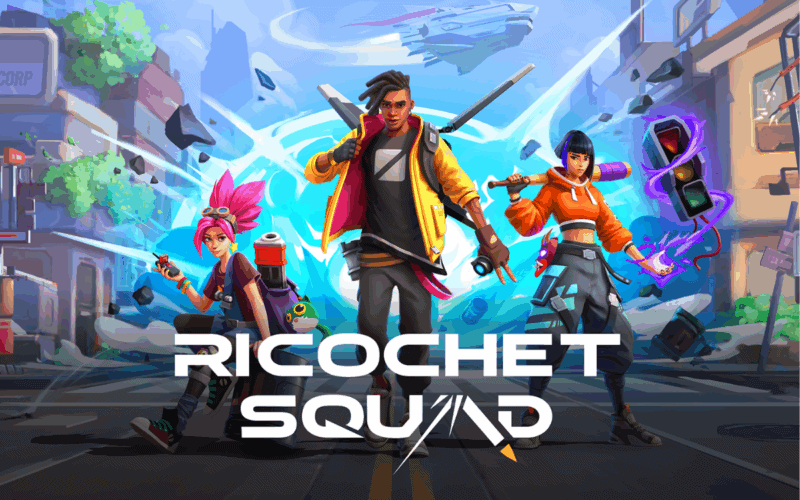Nice Plans Studio, the team behind the $90 million shooter Tacticool, returned with their new game, Ricochet Squad, a game that aims to impress with physics-driven combat.
The team has secured $3 million in its latest funding round led by family office Pixeldog, with $600К coming from the founders.
Following this announcement, we caught up with Dmitry Koblyk, Co-founder and Game Director of Nice Plans Studio, to talk about the game!
How did the idea for Ricochet Squad come together, both in terms of the game’s world and your focus on physics-driven, destructible environments? Why was that such an important foundation for you?
Ricochet Squad was born from lessons we learned while making Tacticool. Our previous game was fun and unique, but after some time, we saw that some things could be improved. In our next game, we wanted to enhance our key features and rework everything else.
Physics is a key pillar of the Ricochet Squad. It’s fun, it generates a lot of crazy situations, and it’s rare in PvP games. When we are designing a new hero, we have one strict rule: at least one hero ability should interact with physics. This rule guarantees that after releasing new heroes, players will find a dozen interesting new combinations between heroes.
As for the game’s world, we wanted to create a setting that won’t limit the game design, but enhance it. Our game is about heroes, and they should be interesting, both in terms of story and visuals. From the early prototypes, we started to shape the game’s story and world to have a solid foundation for our heroes.
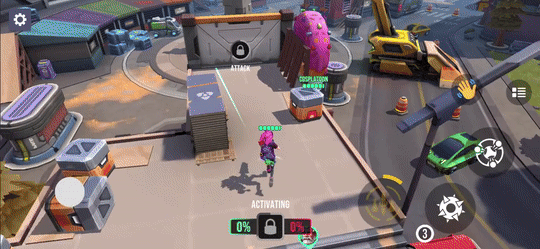
In addition to the PvP match side of Ricochet Squad, the game features a ship system with its own progression. Can you talk us through the decision behind this side of the game?
From the start, we wanted to make meta-gameplay very cohesive and interconnected. We knew that with time we would add a lot of mechanics, and wanted to have something more interesting and elegant than the default menu. This is how the Ricochet Ship was born.
Right now, the ship has a lot of functions: it unlocks new mechanics, shows visual changes while players progress, tells the game story, and immerses players into the game world.
Another important and complex feature planned for future releases is treating the ship as the player’s profile. You will be able to make your ship unique, visit other ships, and view your friends’ progression.
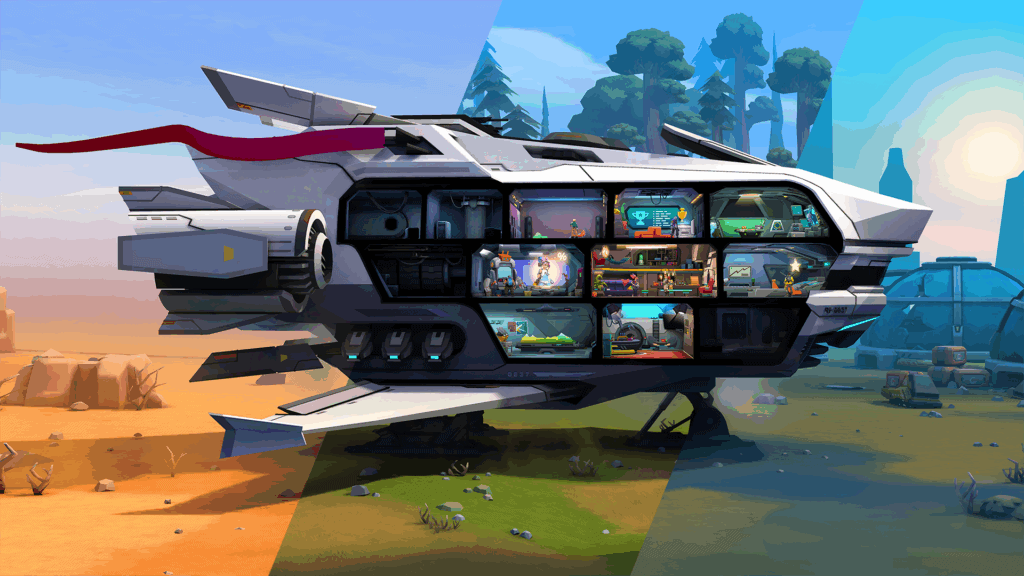
What was your vision for Ricochet Squad’s visual identity, and how did the art team translate that into the game?
We had a lot of boring requirements for our art direction: the heroes should be readable from our camera perspective, the game should perform well on mobile, the characters should be appealing and likable, and the overall picture should be vibrant, and our wonderful art team achieved all these goals. The game looks really great, and they did an amazing job.
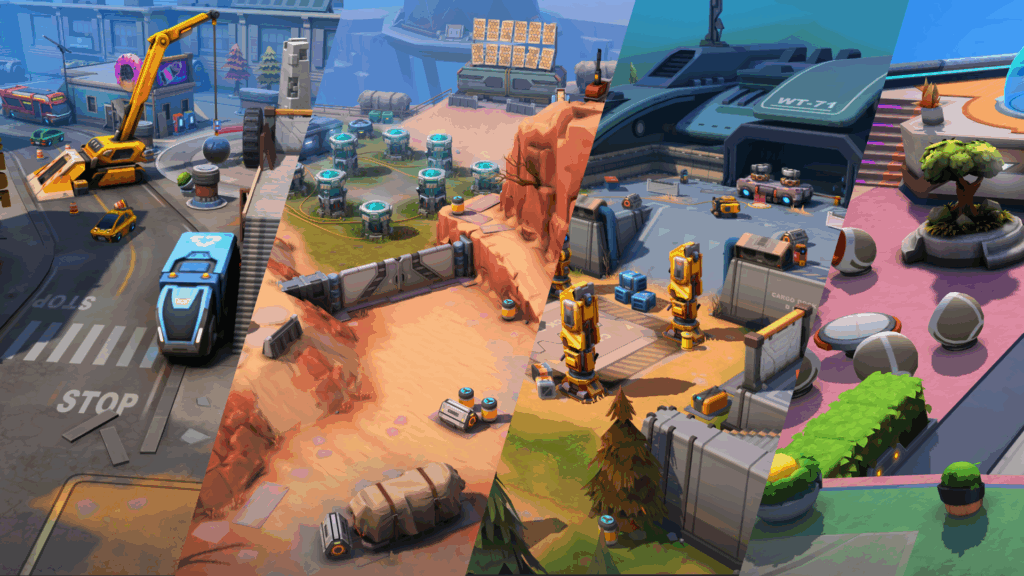
How do you approach progression and content cadence in Ricochet Squad? Is it more season-driven, event-based, or something different, and what keeps players coming back beyond the core combat loop?
Right now we have a compact team and we can’t make a lot of content every month. We are constantly working on new gameplay, whether that’s a new hero, map, game mode, or game modifier. These entities already make every match fresh and unique.
Besides this, we have rating and battle pass seasons that last a month each. In the near future, we will pack unique and cool cosmetics in these cycles. And of course, we are planning to add events to our game. It’s one of our main goals right now – the game should feel alive and fresh every day, even after you’ve unlocked all heroes and played a thousand matches.
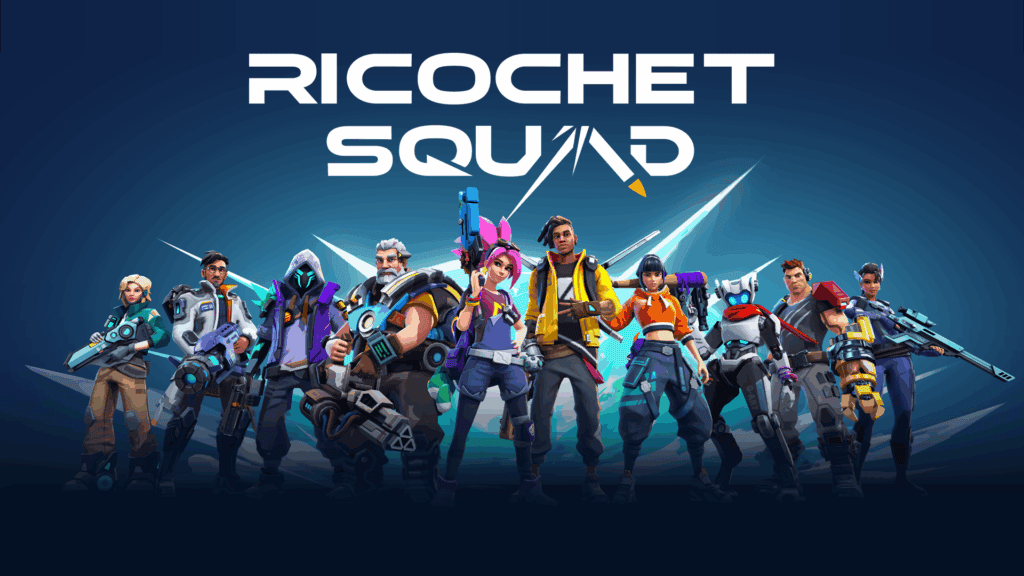
Running full game simulations server-side is rare for mobile shooters. What were the biggest engineering hurdles in making this possible at scale?
In our case, scale is not a technical issue. We built a server architecture in our previous game and replicated this experience in Ricochet Squad.
The biggest hurdle was to write the netcode from scratch. We knew what we wanted to build, we knew the final destination, but the path was really hard. After all the issues and struggles, I can say it was the right decision to write new server code, and our tech team deserves all the praise.
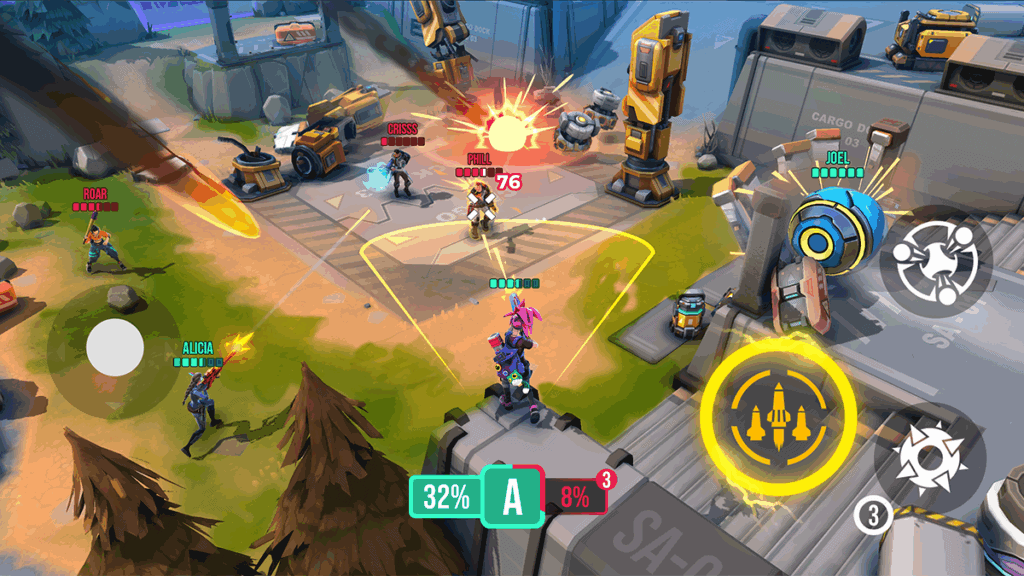
Ricochet Squad has outperformed Tacticool in ARPU. What were the main reasons behind this major success, and what lessons from Tacticool did you carry forward or intentionally leave behind?
In Tacticool, it took us some time to figure out which monetization mechanics would work best. We tried several approaches before finding the one that delivered the best results. This experience and the lessons we learned were incredibly valuable for Ricochet Squad.
In the new project, we focused on building a thoughtful monetization strategy from day one, and it’s already starting to show positive results. I strongly believe that in F2P PvP, you need to think about monetization when you are making first gameplay prototypes. Core gameplay is the main reason why players will want to support your game with money. And the decision to pay can’t be forced; it should be fostered from game systems.
How would you define the Nice Plans “formula? As founders with 8 years of collaboration, how has your dynamic evolved across Tacticool and Ricochet Squad?
For me, our formula sounds like this: “PvP action game with crazy interactions between players and environment”. We already have some promising ideas on how to enhance our gameplay formula, but these changes don’t fit Ricochet Squad.
For the near future, we will make PvP games. We have a lot of experience in this genre. We learned a lot of lessons. I strongly believe that we made a great game that gives players emotions they can’t get in other games.
I think during these 8 years working together we learned a lot from each other, and changed, of course. Right now, we have a classic role separation with Roman – he is responsible for the company, and I am responsible for the game.
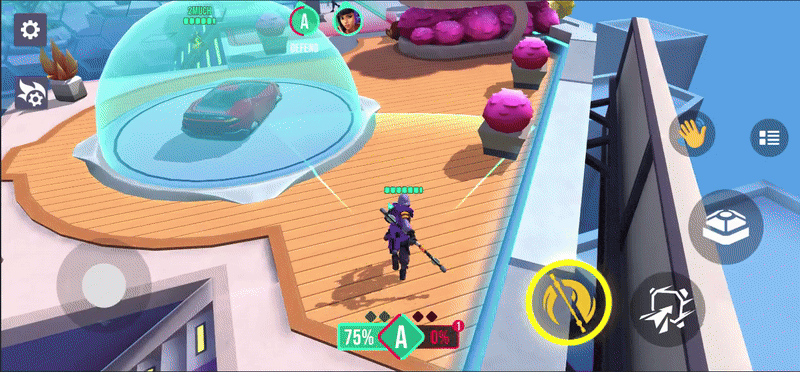
What do you think most mobile shooter devs get wrong today?
Sometimes I can’t even tell what our team gets wrong! It’s really hard to make a good multiplayer game. There are a lot of factors in the equation, and every game is unique. Of course, we are looking at how other mobile shooters work, and pay attention to what’s good and what’s not in our opinion, but we don’t try to be better than some other game; we are trying to be better than ourselves with each game update.
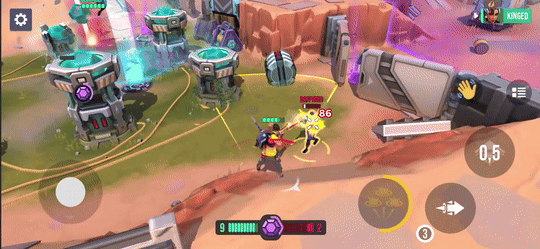
Long-term, do you want Nice Plans to be synonymous with mobile innovation, or do you want to expand into broader platforms and genres?
Our first goal is to make a very successful mobile game. For now, we don’t want to make games in other genres; we still have a lot to discover with our formula. Other platforms are interesting, but very difficult. There are a lot of unanswered questions, like business model and UX, before we will be ready to release a game on other platforms. But why not? We like to play games outside of mobile.
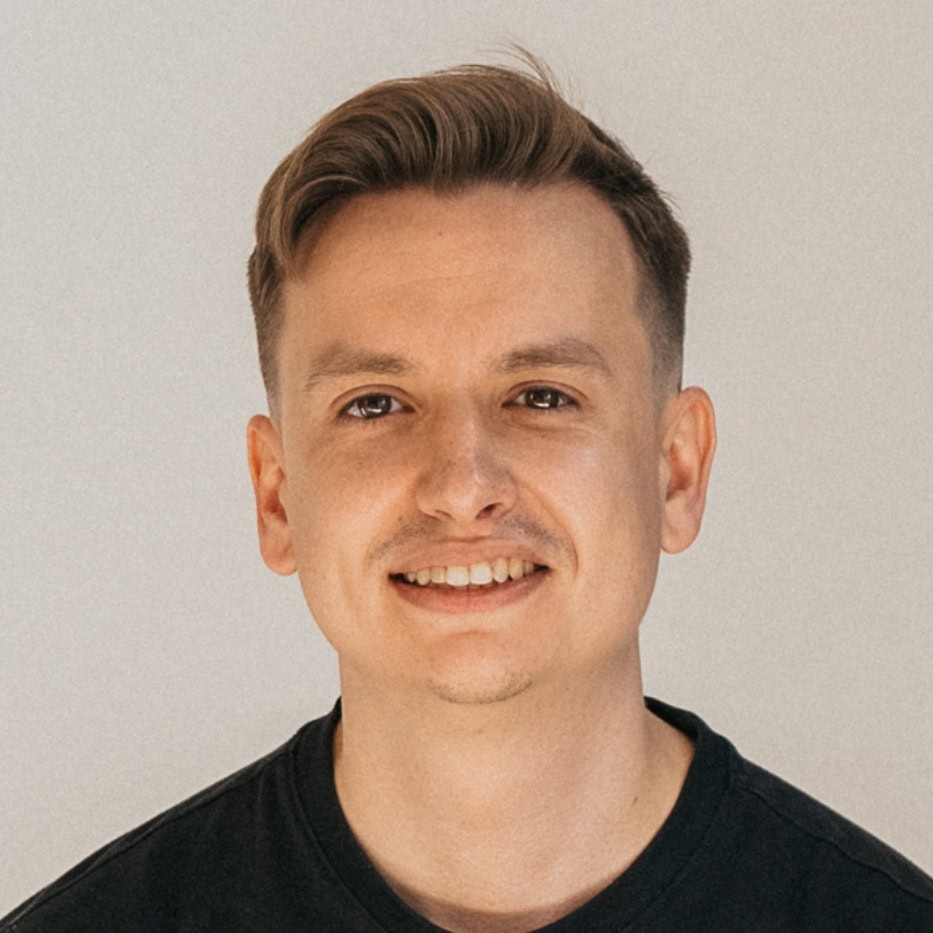
Co-founder and Game Director of Nice Plans Studio

